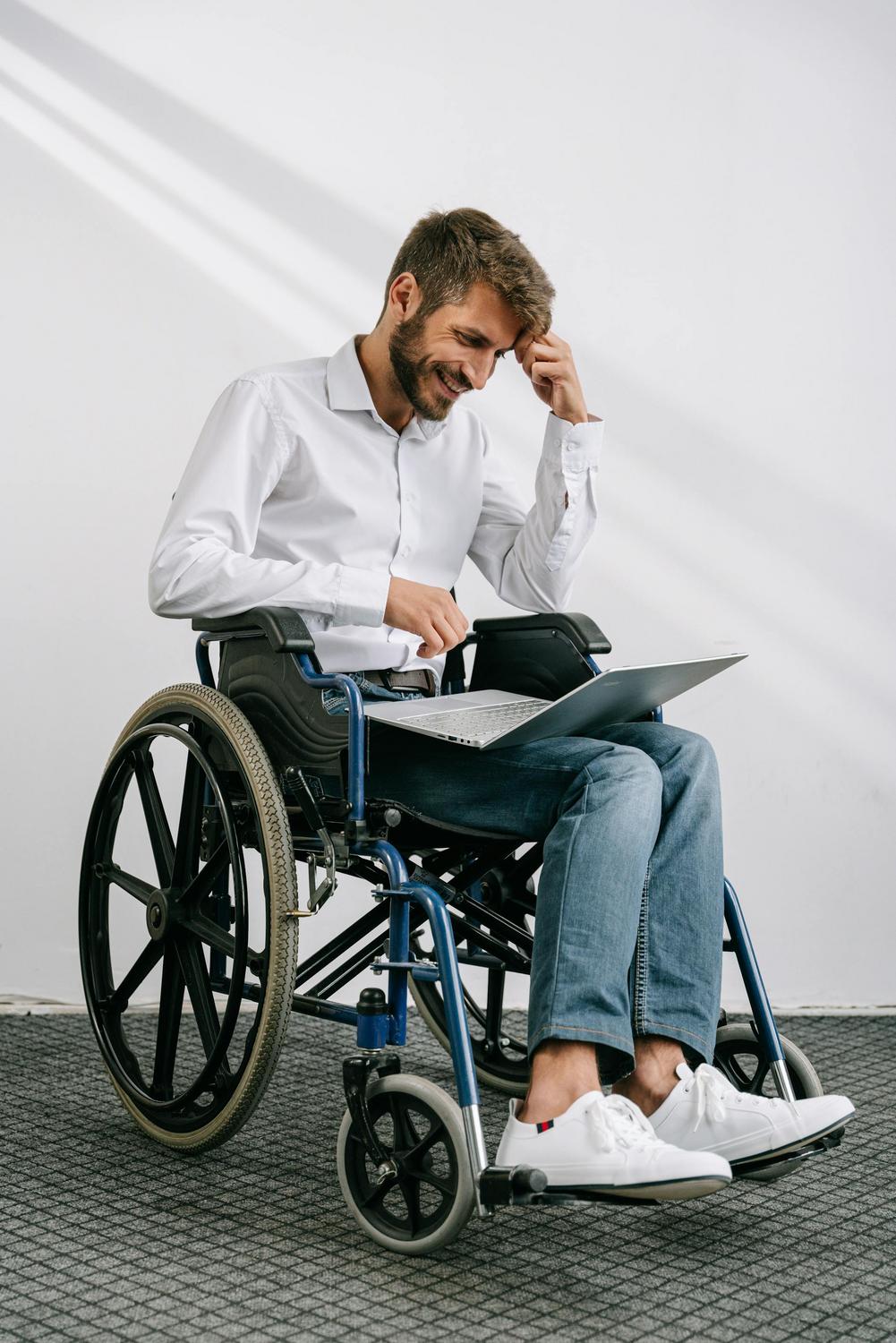For Indigenous Australians living with disability in Far North Queensland, accessing culturally appropriate support services can feel like navigating an impossible maze. Traditional Western approaches to disability care often clash with Indigenous cultural values, leaving vulnerable community members feeling misunderstood and inadequately supported. This disconnect creates barriers that extend far beyond logistical challenges, touching the very heart of cultural identity and community connection.
What Makes Disability Support Culturally Appropriate for Indigenous Communities?
Culturally appropriate Indigenous disability support goes far beyond simple language translation or acknowledging traditional customs. It requires a fundamental understanding of how Indigenous Australians conceptualise disability, health, and wellbeing within a holistic framework that encompasses spiritual, cultural, physical, and emotional dimensions.
Traditional Indigenous perspectives often view disability through a collective lens, where the entire community plays a role in supporting individuals with additional needs. This contrasts sharply with Western models that typically focus on individual independence and clinical interventions. Culturally appropriate services recognise that for many Indigenous people, true wellbeing cannot be separated from connection to country, cultural practices, and extended family networks.
Key Elements of Cultural Appropriateness
Connection to Country: Services must acknowledge and facilitate ongoing connection to traditional lands, understanding that this relationship is fundamental to Indigenous identity and wellbeing. This might involve supporting participants to attend cultural ceremonies, visit sacred sites, or maintain traditional practices.
Extended Family Involvement: Indigenous concepts of family often extend well beyond the nuclear family structure. Culturally appropriate services recognise the importance of aunties, uncles, elders, and chosen family members in decision-making and support provision.
Traditional Healing Integration: Rather than dismissing traditional healing practices, culturally appropriate services work alongside traditional healers and incorporate Indigenous knowledge systems where appropriate and desired by the individual.
Cultural Protocols: Understanding and respecting cultural protocols around gender roles, ceremonial obligations, and community hierarchies is essential for building trust and providing effective support.
How Can NDIS Services Address Indigenous Cultural Needs in Far North Queensland?
The National Disability Insurance Scheme (NDIS) framework provides flexibility for culturally responsive service delivery, but accessing these options requires both knowledge and advocacy. Indigenous disability support in Far North Queensland must navigate the complex intersection of NDIS requirements and cultural obligations.
Indigenous participants can request culturally appropriate providers and specify cultural requirements within their NDIS plans. This might include requesting Indigenous workers, incorporating traditional healing practices, or ensuring services don’t conflict with cultural ceremonies and obligations. However, the challenge lies in finding providers who truly understand these needs rather than simply ticking cultural competency boxes.
Practical Implementation Strategies
Cultural Mentorship Programs: Pairing Indigenous participants with cultural mentors who can navigate both traditional protocols and NDIS requirements creates a bridge between two worlds. These mentors understand the importance of cultural obligations and can advocate for participants within the NDIS system.
Flexible Service Delivery: Recognising that Indigenous concepts of time and priority may differ from Western schedules, culturally appropriate services offer flexibility around appointments, allowing for cultural obligations and family emergencies.
Community-Based Approaches: Rather than isolating individuals in clinical settings, services operate within community contexts, respecting the collective nature of Indigenous culture while still providing personalised support.
What Barriers Prevent Indigenous People from Accessing Quality Disability Support?
The barriers facing Indigenous Australians seeking disability support in Far North Queensland are multifaceted and interconnected. Understanding these challenges is crucial for developing effective solutions that genuinely address community needs.
Geographic Isolation: Many Indigenous communities in Far North Queensland are located in remote areas with limited transport options and minimal service availability. This isolation creates practical barriers to accessing regular support and specialist services.
Cultural Mistrust: Historical trauma and ongoing experiences of discrimination within healthcare and social services have created deep-seated mistrust of mainstream service systems. This mistrust is often justified by continued experiences of cultural insensitivity and inappropriate service delivery.
Complex Administrative Processes: NDIS application and plan management processes can be overwhelming for anyone, but they become particularly challenging for Indigenous people who may have limited literacy in English, different concepts of time and documentation, or cultural obligations that conflict with appointment schedules.
Limited Cultural Competency: Many mainstream disability providers lack genuine understanding of Indigenous culture, leading to services that are technically available but culturally inaccessible.
| Barrier Type | Impact on Service Access | Potential Solutions |
|---|---|---|
| Geographic Isolation | Limited provider options, travel difficulties | Mobile services, telehealth, local capacity building |
| Cultural Mistrust | Reluctance to engage with services | Indigenous-led services, cultural mentorship |
| Administrative Complexity | Difficulty navigating NDIS processes | Cultural advocates, simplified processes |
| Provider Cultural Incompetence | Inappropriate service delivery | Mandatory cultural training, Indigenous employment |
| Language Barriers | Communication difficulties | Interpreter services, multilingual resources |
How Do Traditional Healing Practices Integrate with Modern Disability Support?
The integration of traditional healing practices with contemporary disability support represents one of the most promising approaches to culturally appropriate care. Rather than viewing these systems as competing alternatives, effective Indigenous disability support recognises their complementary nature.
Traditional healing approaches often emphasise the importance of spiritual and emotional wellbeing alongside physical health. For Indigenous people with disabilities, this holistic perspective can provide meaning and context that purely clinical approaches may lack. However, integration requires careful navigation to ensure both safety and cultural respect.
Collaborative Care Models
Elder Involvement: Recognising elders as holders of traditional knowledge and involving them in care planning ensures cultural protocols are respected while providing valuable guidance for both participants and support workers.
Dual Practitioner Approaches: Some progressive services work with both qualified disability support professionals and traditional healers, allowing participants to access both Western clinical interventions and traditional cultural healing practices.
Cultural Healing Spaces: Creating physical environments that reflect Indigenous culture and provide space for traditional practices can enhance the therapeutic value of all interventions.
What Training Should Disability Workers Receive for Indigenous Cultural Competency?
Developing genuine cultural competency among disability support workers requires far more than basic cultural awareness training. Effective programs must address both practical skills and deeper understanding of Indigenous worldviews and experiences.
Historical Context Education: Workers need to understand the historical and ongoing impacts of colonisation, including how these experiences shape contemporary attitudes towards health and social services. This foundation is essential for understanding why trust-building takes time and why some approaches may trigger trauma responses.
Practical Cultural Protocols: Training should cover specific protocols around interactions with Indigenous clients, including appropriate ways to show respect, understanding of family structures, and recognition of cultural obligations that may affect service delivery.
Trauma-Informed Practice: Given the high rates of historical and intergenerational trauma within Indigenous communities, all workers should be trained in trauma-informed approaches that recognise and respond appropriately to trauma indicators.
Ongoing Professional Development
Cultural competency is not a destination but a journey requiring ongoing commitment and learning. Regular supervision with Indigenous mentors, participation in cultural events where appropriate and invited, and continuous reflection on practice are essential components of maintaining cultural responsiveness.
Embracing Cultural Strength in Disability Support
The path towards genuinely culturally appropriate Indigenous disability support in Far North Queensland requires a fundamental shift in how services are conceptualised and delivered. Rather than attempting to fit Indigenous people into existing Western service models, the future lies in developing truly responsive approaches that honour Indigenous culture while providing effective support.
This transformation demands courage from service providers to examine their assumptions, flexibility to adapt established practices, and humility to learn from Indigenous communities. When services successfully bridge cultural and clinical knowledge, they create opportunities for Indigenous people with disabilities to thrive while maintaining their cultural identity and connections.
The benefits extend beyond individual participants to strengthen entire communities, creating models of care that respect diversity while delivering quality outcomes. As Far North Queensland continues to develop its disability support infrastructure, prioritising cultural appropriateness will ensure that Indigenous Australians receive the dignity, respect, and effective support they deserve.
How can I find Indigenous disability support services in Cairns and Brisbane?
Look for NDIS providers with specific Indigenous cultural competency credentials and staff. Many services now identify their cultural capabilities in their registration details. You can also contact local Aboriginal Community Controlled Health Organisations (/referral/) for recommendations and referrals to culturally appropriate providers in your area.
Can traditional healing practices be included in my NDIS plan?
Yes, NDIS plans can include funding for traditional healing practices under certain categories, particularly if they contribute to your goals and are delivered by appropriately qualified practitioners. Discuss these preferences with your planner and advocate for their inclusion as part of your cultural support needs.
What should I expect from culturally competent disability support workers?
Culturally competent workers should demonstrate respect for Indigenous protocols, understand the importance of family and community connections, and be flexible around cultural obligations. They should also be trauma-informed and willing to learn about your specific cultural needs and preferences.
How can family members be involved in NDIS support planning?
Indigenous participants can request that extended family members, elders, or cultural mentors be involved in plan development and review meetings. The NDIS recognises the importance of family and community support networks and can accommodate larger support teams where this aligns with cultural values.
What happens if I experience cultural insensitivity from a service provider?
You have the right to change providers if services are not meeting your cultural needs. Document any concerning incidents and contact the NDIS Commission to report cultural insensitivity. You can also seek advocacy support to help navigate provider changes and ensure your cultural requirements are properly addressed.



